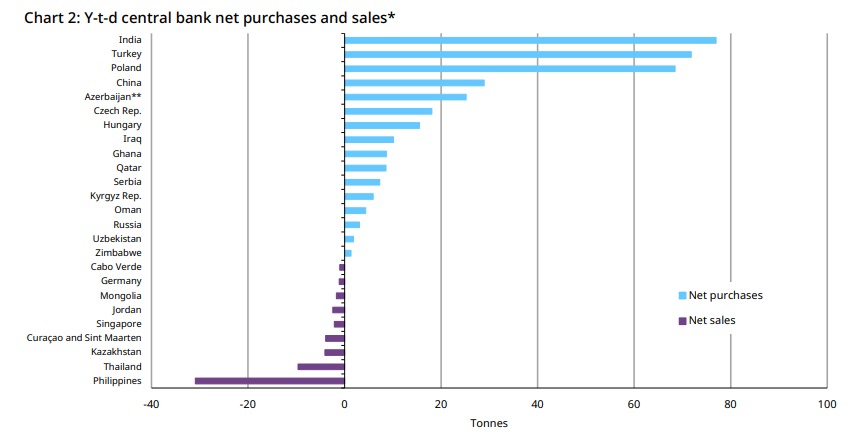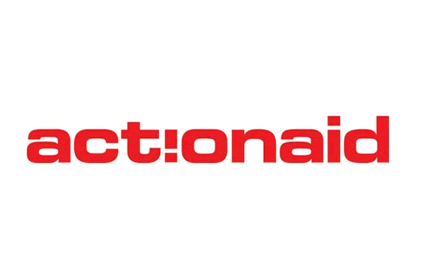
By Enoch K. AKUFFU-DJOBI
In contrast to other sectors, the banking sector can be regarded as a pillar of Ghana’s economy, driving financial inclusion, assisting businesses, and promoting overall economic growth. Ghana’s banking industry, like that of many developing economies, faces a number of challenges, including economic volatility, regulatory changes, and global financial uncertainty.
Navigating these uncertainties necessitates not only resilience, but also strategic planning and flexibility. In recent years, several key trends have emerged, providing insights into how Ghanaian banks can improve their positions and contribute to the country’s economic stability.
Understanding Economic Uncertainty and Banking Stability
Economic uncertainty is a constant challenge for financial institutions around the world, and Ghana is no different. Fluctuating exchange rates, the domestic debt exchange program, rising inflation, and changing interest rates are all challenging factors that have a significant impact on bank profitability and liquidity. External shocks, such as Russia’s invasion of Ukraine, the ongoing COVID-19 pandemic, and global economic downturns, have also tested Ghana’s banking sector’s resilience.
Despite these challenges, Ghana’s banks have been able to weather many storms. This resilience is largely due to the Bank of Ghana’s regulatory interventions. For example, the Bank of Ghana implemented minimum capital requirements to ensure that banks have healthy balance sheets capable of absorbing shocks.
The 2017 banking sector clean-up, in which the central bank revoked the licenses of several insolvent banks, helped to consolidate the sector and improve its overall stability. However, as Ghana continues to navigate global and domestic economic turbulence, more innovation is required to safeguard the banking sector’s future.
Key Strategies for Navigating Uncertainty
To effectively manage uncertainty, Ghanaian banks must implement a combination of strategic and operational initiatives. Several strategies have already emerged that can provide a roadmap for the future. Some of these strategies are:
Embracing Digital Transformation
Digital banking became a necessity, especially in the aftermath of the COVID-19 pandemic, which accelerated the transition to digital financial services. Many Ghanaian banks have launched mobile banking apps, online services, and fintech collaborations to meet customer demand for convenience and accessibility. This shift not only creates new revenue streams, but also allows banks to remain agile in the face of uncertainty.
For example, Ecobank Ghana Plc has made significant investments in digital banking platforms, expanding its digital offerings to include mobile money, online banking, Omni-lite, and Omni-plus to permit instant funds transfers from any convenient location.
This emphasis on technology enables banks to serve a larger population while lowering operational costs and improving customer experiences, thereby providing a buffer against economic volatility.
Strengthening Risk Management Systems
One of the most important lessons from the 2007-2008 global financial crises is the value of effective risk management. Ghanaian banks must continue to improve their risk management frameworks to identify, assess, and mitigate risks, particularly credit risk, market risk, and operational risk.
Improving credit risk management is especially important given Ghana’s persistent problem with non-performing loans (NPLs). The Bank of Ghana’s July 2024 Monetary Policy Report revealed that the banking industry’s Non-Performing Loans (NPLS) ratio increased to 24.2% in June 2024, up from 18.7% in June 2023.
Banks must improve their loan assessment processes, utilize data analytics to predict borrower risk, and make adequate provisions for bad loans. The use of artificial intelligence to monitor loan performance and customer behavior can help manage risks in an uncertain economic environment like ours.
Diversifying Revenue Streams
Banks that rely too heavily on traditional banking products like loans and deposits run significant risks, especially during economic downturns. To mitigate this, Ghanaian banks must look into alternative revenue streams. One potential avenue is investment banking and advisory services, which provide opportunities for growth and diversification.
Banks can expand their market reach and reduce their reliance on traditional lending by offering services such as mergers and acquisitions (M&A) advisory, corporate finance, and capital raising. Another revenue stream is the creation of financial products specifically for Small and Medium-sized Enterprises (SMEs).
SMEs are an important part of Ghana’s economy, but many of them struggle to secure financing. Banks can support this critical sector while also tapping into a vast and underserved market by developing tailored financial solutions.
Enhancing Corporate Governance
Corporate governance is critical to ensuring the long-term viability of any banking institution. Strong governance structures promote transparency, accountability, and regulatory compliance, all of which are necessary for managing uncertainty.
Ghana’s banks must continue to invest in strengthening their corporate governance frameworks, particularly by encouraging independence in board oversight and ensuring compliance with both local and international regulations. This will not only increase stakeholder trust, but will also help banks navigate uncertain economic landscapes.
Collaboration with Regulators and Stakeholders
Collaboration is necessary for the management of uncertainty. In a country such as Ghana, the banking sector’s performance is significantly influenced by macroeconomic factors and regulatory policies, rendering it impossible for it to thrive in isolation.
Consequently, it is imperative for banks to preserve open communication channels with regulators, such as the Bank of Ghana, and with industry associations, such as the Ghana Association of Bankers. It is also essential to collaborate with the government, particularly in the context of policy-making.
For instance, the banking sector’s performance is directly impacted by policies that are designed to stabilize the currency, reduce inflation, and promote economic growth. Banks can more effectively anticipate regulatory changes and adjust their strategies as necessary by collaborating closely with policymakers.
Conclusion: A Resilient Future
Despite the fact that uncertainty will always be a component of the financial landscape, Ghanaian banks have exhibited adaptability and resilience in the face of past challenges. Banks can not only mitigate uncertainty but also establish themselves for future growth by adopting digital transformation, improving risk management, diversifying revenue streams, and strengthening corporate governance. The journey that lies ahead will be fraught with obstacles.
Nevertheless, Ghana’s banking sector can continue to flourish, thereby contributing to the nation’s economic stability and growth, with a dedication to innovation and strategic foresight. The capacity to navigate uncertainty will continue to be a critical determinant of success for banks operating in Ghana as global and domestic forces continue to evolve.
Thewriter is a PhD Candidate.Email: [email protected]
The post Managing uncertainty in banking sector: Strategies for stability and growth appeared first on The Business & Financial Times.
Read Full Story
















Facebook
Twitter
Pinterest
Instagram
Google+
YouTube
LinkedIn
RSS